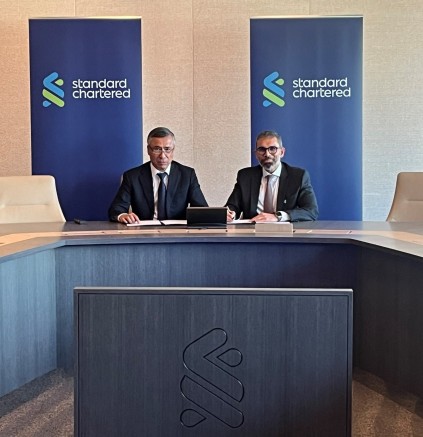Almost 560,000 people living in Uzbekistan’s major municipality of Samarkand will be able use ecologically friendly public transport thanks to the acquisition of electric buses and the construction of an e-bus depot financed by the European Bank for Reconstruction and Development (EBRD). Samarkand is also the first city in the country to join the Bank’s Green Cities programme.
The EBRD’s long-term sovereign loan of up to US$ 49 million will benefit state enterprise SamarqandYo'lovchiTrans, which will be responsible for operating the new fleet. The funds will be used to acquire up to 100 medium-sized (10.5-metre) electric buses, along with charging units, and to establish the required infrastructure, including an e-bus depot, a power substation, administrative buildings, and operating and maintenance facilities.
This is the first project under the Samarkand Green City Action Plan (GCAP) – a crucial tool that helps the municipality set out its sustainable development vision and strategic objectives, as well as the actions and investments required to address high-priority environmental issues. The GCAP, jointly developed by the EBRD and the city, will help reduce noise and air pollution, including the reduction of CO2 and other harmful emissions, among other things. It will also take into account the views and ideas of the local community.
The launch of the GCAP and the introduction of environmentally friendly municipal transport are very important for the rapidly developing city of Samarkand, the population of which is set to double in the coming years due to the expansion of its boundaries. The city is also becoming an increasingly popular tourist destination and requires modern transport solutions to better manage heavy traffic along its narrow streets and around its UNESCO-protected historical areas.
The project is supported by technical cooperation grant from the Sustainable Infrastructure Fund and the government of Japan through the Japan-EBRD Cooperation Fund.












